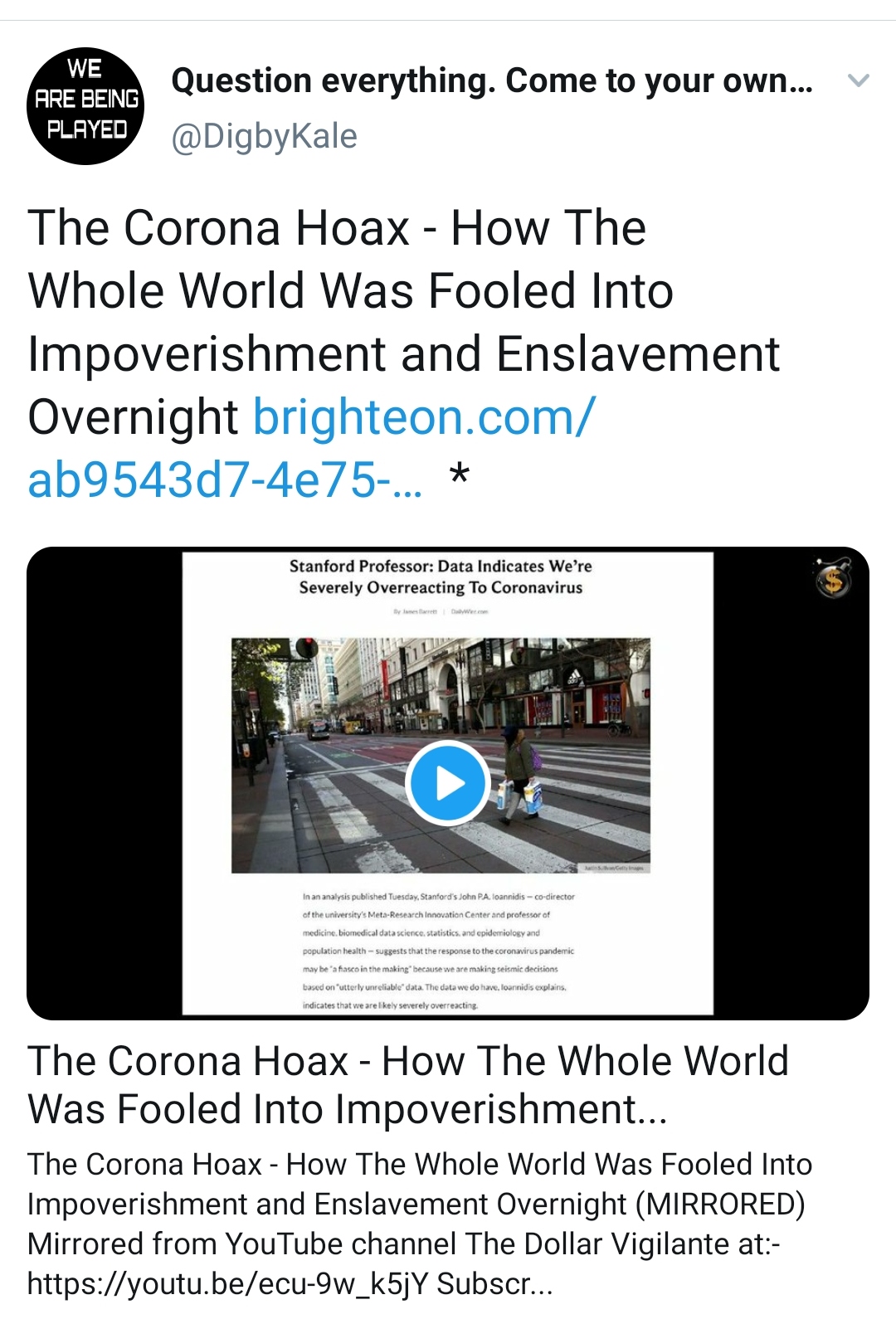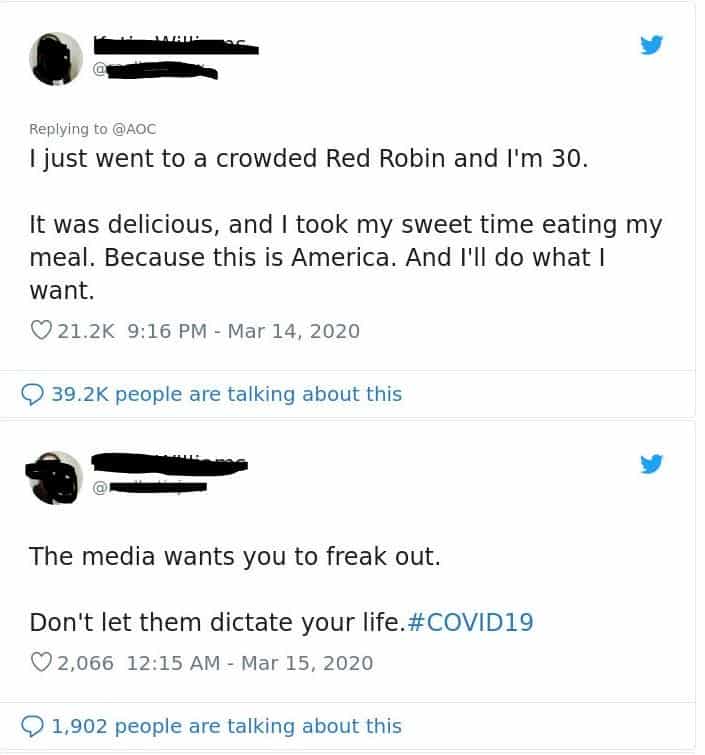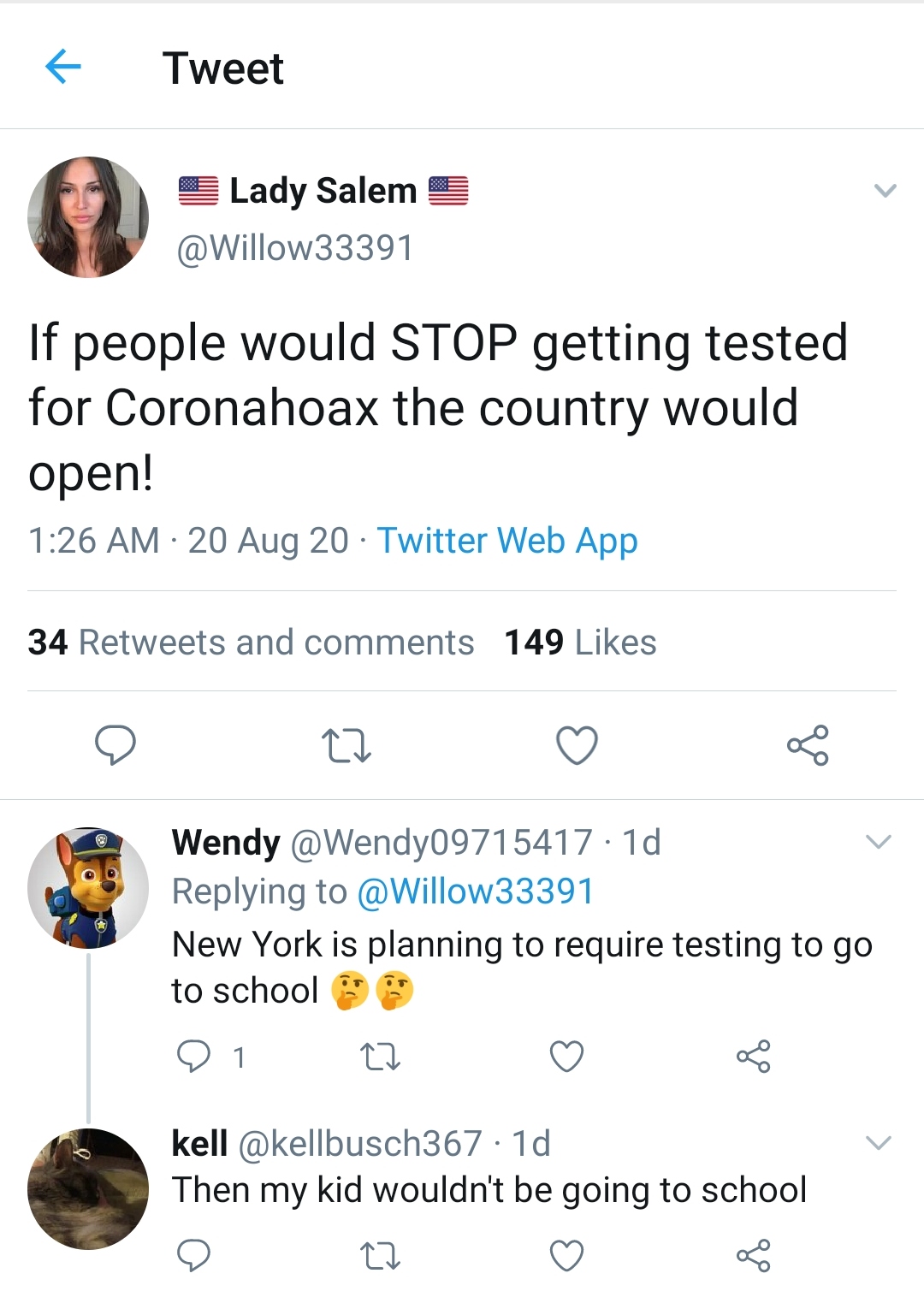Why is there so much wrong information going around social media? This is a question you might have asked yourself during this pandemic. As people frantically try to find correct information from experts, they are met with thousands of social media posts with information that seem completely made up. Opinions are made out to be facts, and is visible for anyone to see. Whether its out of evil intentions or a lack of information, false information has been quickly spreading, causing confusion for many.


How is this information spread? Social media has given people not only the power to spread false information, but to also to create their own and make them believable. The amount of data on the internet makes it almost impossible to track the sources of information and prove that they come from trustable sources. The spread of both true and false information creates confusion for the thousands of people who desperately search for information on the pandemic. The fact that these social media companies such as Facebook, Twitter, and Instagram only take action on about 10% of the posts reported to be spreading false information adds to this confusion.


What is the effect? The overwhelming amount of false information that is spread around the internet not only drowns out correct information, but creates conflict among those who try to correct the wrong information they see and those who try to defend the original posts. The difficulty of distinguishing correct information make people feel frustrated and that there is no point in trying to correct those who will never listen.

How can you avoid false information? So it's not possible to just completely avoid wrong information on the internet, but there are definitely ways to help distinguish and prevent them. One way that applies to all information you see on the internet is making sure that the information is from a credible source. There is a much higher chance that the information is factual if it clearly credits its sources from reliable experts. Another way for recognizing wrong information is looking at its contents. If someone is saying that you shouldn't wear masks in public and that the Coronavirus is a hoax by the government, you should probably just stop reading and report their post. This takes us into the ways of stopping the spread of these posts. Like I just said, one of the ways is to report the post for spreading false information. Although social media companies aren't taking action for most of these reports, it's still worth an attempt and doesn't hurt to try. The second way is to not give these posts any kind of interactions such as commenting, liking, or sharing. If these people are ok with publically stating that something that killed thousands of people around the world is a hoax, they're probably not going to change their opinions because someone online tells them they are wrong. It's better to just report and ignore the wrong information than to start a online battle that will lead to nowhere.
